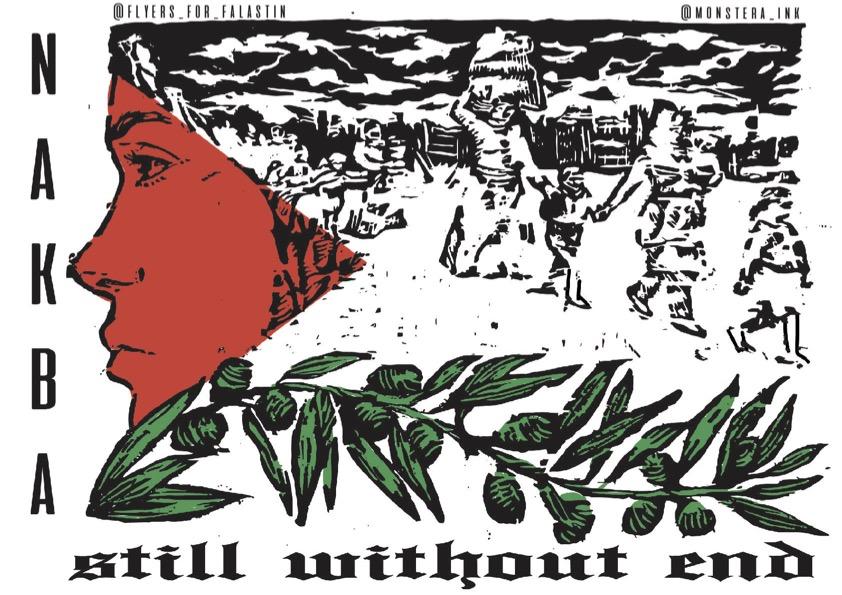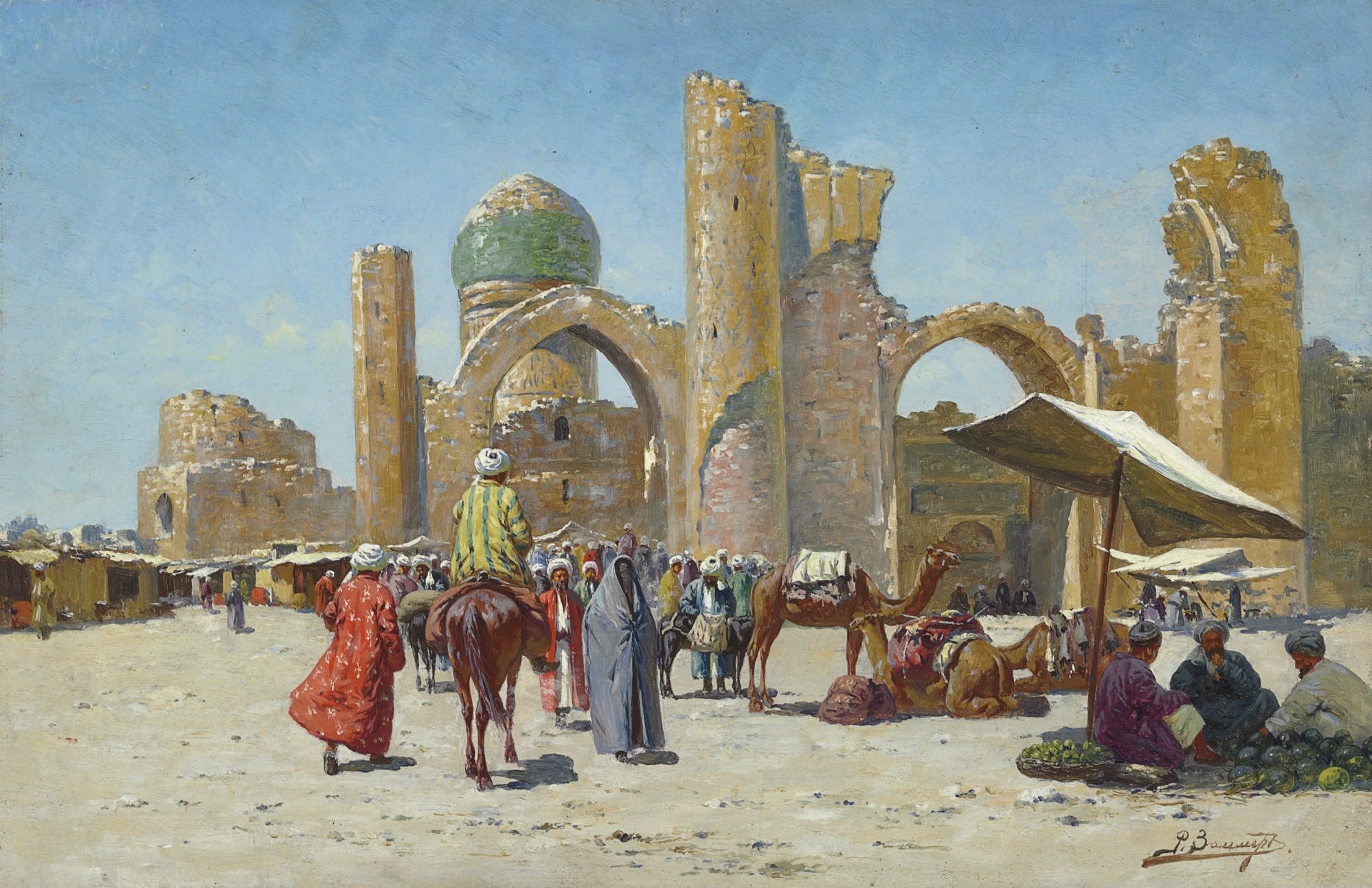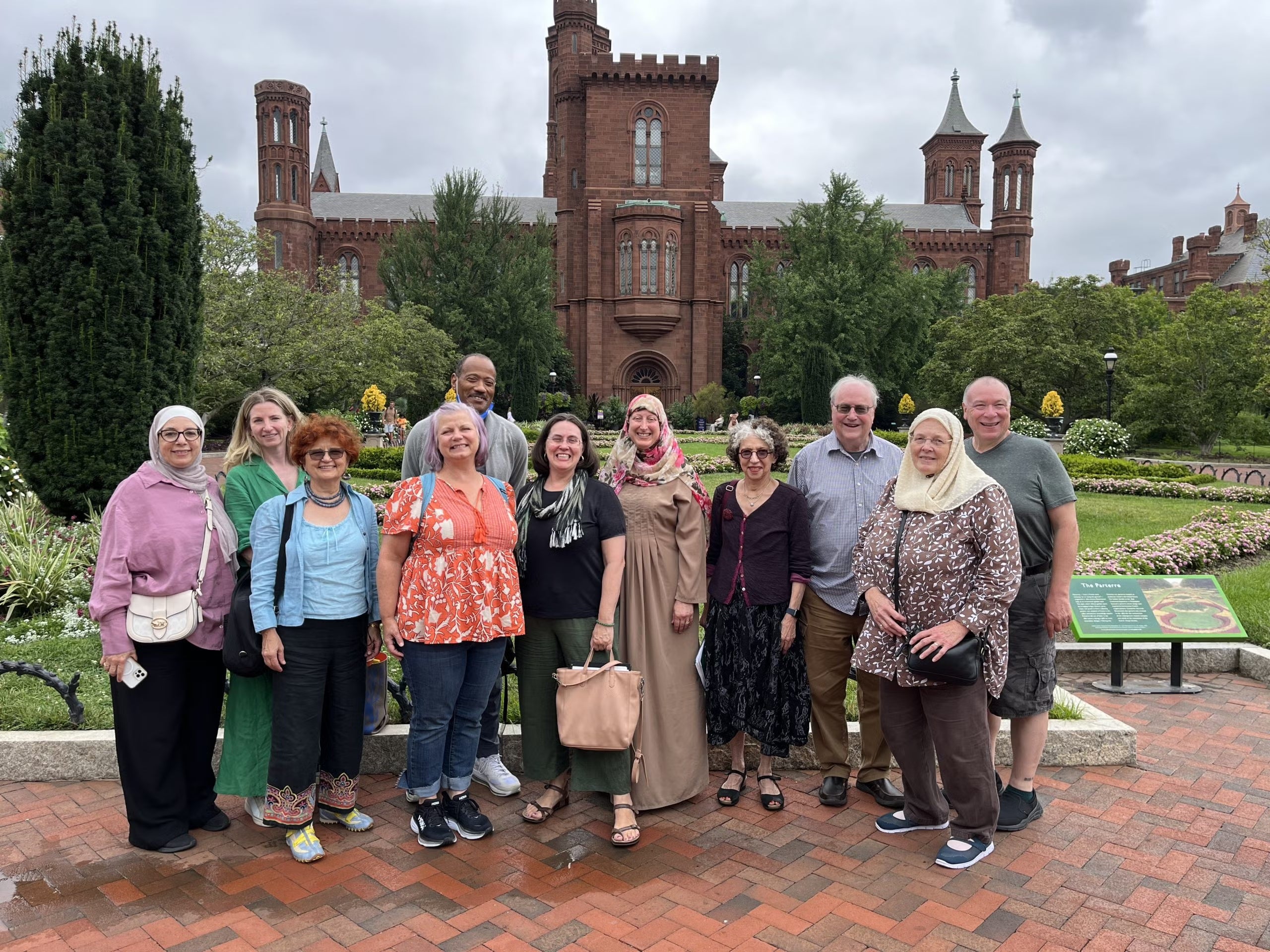Teaching Resources
Outreach Materials on the Middle East and North Africa for K-14 Educators
The Education Outreach program at CCAS offers resources to help K-14 educators teach and incorporate content about the Middle East into their classrooms, including information and resources on teaching pedagogies, state curriculum requirements, topical and multimedia lesson plans, and more. Please see below for a topical list of resources produced by or in collaboration with CCAS. Many of these resources were produced with support from a U.S. Department of Education Title VI grant, which designates Georgetown University as a National Resource Center on the Middle East and North Africa.
Resources for Educators
Teaching World History
In the past, world history survey courses centered around Western civilization, with “non-Western” civilizations covered mostly in the context of bygone golden ages and dynastic sequences. However, under new frameworks and teaching pedagogies, effective survey courses now cover a sequence of global eras, examining various societies side-by-side within the appropriate time period. CCAS has led a number of workshops and summer institutes to support teachers in transitioning to this global history approach. You can find resources from those events and more here.
Teaching Contemporary Issues and the MENA
Among the biggest challenges secondary teachers face is staying informed of current global affairs and accessing scholarship that helps them contextualize these events for students within their appropriate social and historical frameworks. The CCAS Education Outreach program creates teaching materials and hosts interdisciplinary workshops and professional development to address this need and equip teachers with tools to lead thoughtful classroom discussions on contemporary issues related to the region.

Teaching about Palestine
Finding objective teaching materials about Palestine can be challenging, especially when addressing both current events and their historical roots. To support educators in leading informed, balanced discussions in their classrooms, CCAS offers resources that place developments in Palestine—past and present—within broader regional and global contexts. Materials include recordings from public events, teach-ins on Gaza, and workshops for K-14 educators.

Arts and Literature for Children and Youth
Literature and the arts offer powerful entry points for teaching about the Middle East in ways that resonate with young students. CCAS provides workshops and resources to help teachers incorporate children’s and young adult literature, music, and poetry from the region into their classrooms. This section features teaching units developed around award-winning books, videos from educator workshops, and materials that explore topics such as displacement through children’s literature.

Teaching about World Religions
Nearly all U.S. state standards for secondary-education require teaching about the world’s major religions. The CCAS K-14 Education Outreach program has played a leading role in ensuring that teachers are informed about state standards and U.S. Constitutional guidelines for teaching about religions, and has also been involved in the production of several resources focusing on the teaching of religions practiced in the Middle East, which you can learn about here.

Geography, Travel and Trade
This collection of teaching resources highlights historical connections between the Middle East and the wider world, including the region’s role in global exchange—from the travels of Ibn Battuta and Mansa Musa to the Indian Ocean cotton trade and the incense routes of the Arabian Peninsula. Materials include lesson plans and teaching units designed for middle and high school classrooms.

CCAS Summer Teacher Institutes
Each year, CCAS conducts a week-long summer institute for secondary teachers and community college faculty across the United States. The topics for the institutes are chosen for their relevance to teaching about the MENA or SWANA region. Some have focused on approaches to teaching world-historical topics, including zones of civilizational exchange (such as the Mediterranean, the Iberian Peninsula, and the Indian Ocean), topics of cultural relevance (such as world religions or the Renaissance and Enlightenment as global phenomena), and contemporary issues such as international diplomacy or China’s involvement in the MENA. You can find videos and resources from the most recent institutes here, as well as in the appropriate thematic categories above.

Additional Resources
In addition to the content produced by or in collaboration with CCAS, our workshops and professional development offerings connect teachers with valuable resources from other academic programs, as well as governmental, non-profit, and cultural organizations. This page features a curated collection of materials we’ve found especially useful for teaching about the Middle East, including both CCAS materials designed for the general public, as well as lesson plans, multimedia content, and reference guides from external sources.
